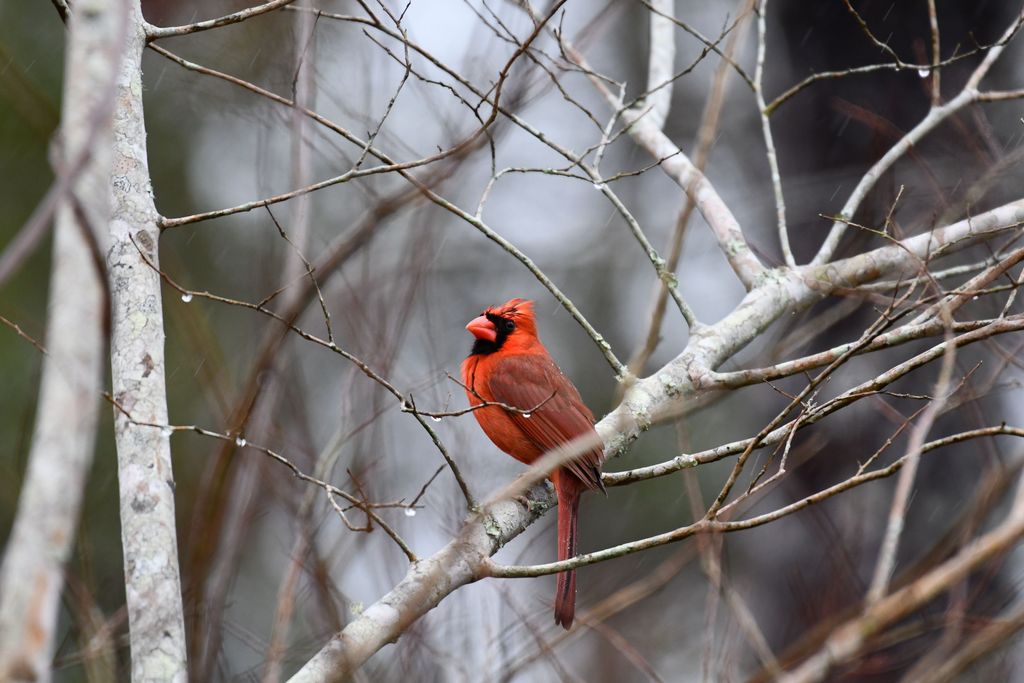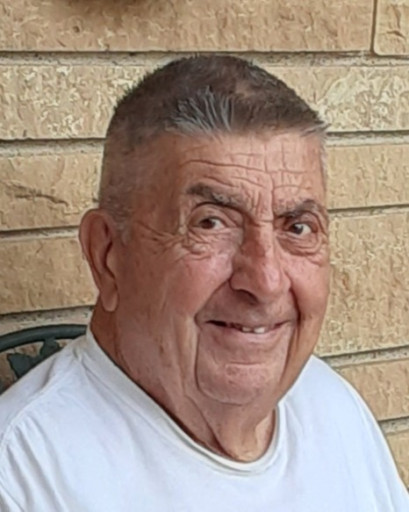

William P. Stoynoff
June 27, 1930 — January 30, 2023
Ventura
Bill Stoynoff, the son of Nick and Tonna Stoynoff, died January 30th of cardiac and renal failure brought on by amyloidosis. He was 92. Bill was preceded in death by his wife, Mary, his son, David, and his sister, Evonka. He is survived by his son, Nick, daughter-in-law, Linda, and grandson, Billy.
Bill was born June 27, 1930 in Mason City, Iowa and spent his entire life living in the area. In the 1930s Nick and Tonna purchased a 120-acre farm in Hancock County about 15 miles west of their home, which became the homestead for Tonna’s parents, Vasili and Dora Balaban. The Balaban family made a living farming that piece of ground and it became one of Bill’s favorite childhood haunts.
He spent many days on the farm with his grandparents, aunts, and uncles, tending to livestock, helping with daily tasks, and probably causing a fair amount of mischief. When his father died in 1944, Bill’s friends, extended family, and the farm helped cushion the grief.
When Bill wasn’t on the farm he “investigated” much of Mason City with his friends, Nick DiGregorio and Howard Straw. On occasion he’d divulge stories from his youth, the details of which are probably best left untold, that involved pigeon coops, roasting potatoes, fishing, and “borrowing” his father’s model-T.
After graduating from Mason City High School in 1948, Bill talked to a friend who had recently signed up to be an apprentice bricklayer. Evidently he found the occupation appealing and Bill approached someone at Davey & Moen Construction about following that same path.
He was told there were no slots available for apprentices, so since he’d been toying with the idea of enlisting in the Army, he became a serviceman. According to Bill, he fought the “Battle of Seattle” and during that military stint Uncle Sam sent him to cook’s school at Fort Ord in California. Bill’s military involvement lasted for one year, followed by another five in the Army Reserves.
While in high school, Bill met Mary Glanville and the two hit it off. In September 1950 they were married and lived for a short period on Mars Hill Drive in Clear Lake. But eventually the farm came back into play.
The exact circumstances that brought it all together aren’t clear, but Bill and Mary moved into the house on the Hancock County farm in the early 1950s. And they never left it.
With help from Vasili, other relatives, and neighbors, Bill learned to farm. He bought a 1950 8N Ford and tillage equipment that went with it. Corn, soybeans, oats, other typical crops were planted and harvested. Bill intended to do some dairy farming, but broke his leg in a tire-changing mishap, which forced the proposed dairy business to be sidelined. Even so, he raised lots of critters! Rabbits and chickens; ducks and geese; sheep and hogs and horses. Boy did he raise horses!
Seems like it all began with a buckskin. Then there was Popcorn, a Shetland pony who had most potential riders buffaloed. The animal would run through a hedge or roll in a pile of sand, anything to dislodge a rider. But Bill’s greatest equine love was of Quarter Horses.
He started with one, which became two, two became a few, and a few increased to 80 or so. Bill rode when he was younger, but as he aged and arthritis set in, he just bought, bred, and raised hayburners. With time, he sold off most of the herd, but kept a 1000-pound pet, Scratch. Beyond horses, Bill’s other passion was fishing.
Evidently Newt Straw took his sons, Howard and Bob, to Minnesota fishing when they were young and Bill thought that would be a great experience. Since he didn’t have the cash for a trip “up north”, Bill fished in the quarries around Mason City and along the shores of Clear Lake. But eventually he saved enough money each year to drag friends and family to northern Minnesota and/or Canada in search of walleyes.
The trek to the fishing grounds was a spectacle. Sleeping bags, food, enough clothing to survive a nuclear winter, and fishing equipment. Rods, reels, line, nets, sinkers, hooks, spinners, and live bait. Enough nightcrawlers and leeches made their way from Ventura to the fishing grounds, to feed every fish within 10 miles of the camp! When Bill was fishing, he was “livin’ the dream”. And Mary? Well she was a willing, but not enthusiastic member of the crew.
She’d sit in the boat, face slathered in sunscreen, bundled up like an Arctic explorer, and she’d read a book or snooze. All the while dragging a lure through the water … sometimes. “Mary! I can see your bait! Let out more line.” Bill would say. She’d comply, catch a quick nap, and then Bill would shout … “Mary! Mary! You’ve got a fish on the line! Mary, reel it in!” And so it would go. Dave liked to fish too.
Yup. David liked to fish … way, way, way behind the boat. Every now and then he’d say, “Dad. I’ve got a snag.” Grumble. Curse. Growl. Bill would shout, “Reel in! Dave’s hung up on a rock!” He’d slam the Evinrude into reverse and back the boat would go and go and go. Dave always fished with so much line out, that trolling backwards to try to dislodge his bait from the bottom was an epic journey!
Walleye fishing was Bill’s “hog heaven” and he sometimes convinced the unwary to go with him. Al and Irene, Bob and Susan, Nick and Linda, Babo and Dado, Ronnie, Eric, Kurt, Peter, Billy, … the list of victims seems endless. The scenario was always the same, long periods of “fishing” broken by short bursts of “catching”. But always laughs, cursing, rain, sunburn, windburn, fish caught, fish lost, and sometimes a shore lunch. For Bill being “up north” was a fun, but it was simply a respite from his occupation.
Bill made a living as a bricklayer. After his stint in the Army, he went into the masonry trade. At the start it seems like he mixed mortar, worked as a tender, and delivered pay envelopes to earn his keep, but he eventually learned the bricklaying trade and worked for several employers. In time Bill started his own successful masonry business and completed lots of work in the vicinity of Mason City. Commercial and residential jobs led to the construction of firewalls and fireplaces, basements and buildings, brick veneers and planters. Jim and Joe, Ed and Dennis, Harry and Denny were among the guys who worked many years for Stoynoff Masonry. And, yes, they were conned into fishing trips too!
Eventually, Bill had had “all of the fun he could stand” and he put bricklaying in his rearview mirror. He and Mary lived on the farm, fished when they could, and enjoyed life in general. For 70-some years they were together, but that ended a year ago, when Mary died.
Recently Bill spent many hours gazing at the family photos on the porch’s wall and reminiscing. His body didn’t work well anymore and the simple act of standing had become a task. So, Bill’s journey through life ended the other day, when some of his parts just couldn’t function any longer. And that brings us here.
This writing is a wholly inadequate telling of Bill’s life story, but it will have to do. Suffice it to say, “Rest easy. We’ll miss you. And we hope the walleyes are biting.”
In lieu of other remembrances the family of Bill Stoynoff asks that people consider a contribution to North Iowa Hospice in Mason City or the Amyloidosis Research Consortium in Newton, Massachusetts.
Guestbook
This site is protected by reCAPTCHA and the
Google Privacy Policy and Terms of Service apply.
Service map data © OpenStreetMap contributors


